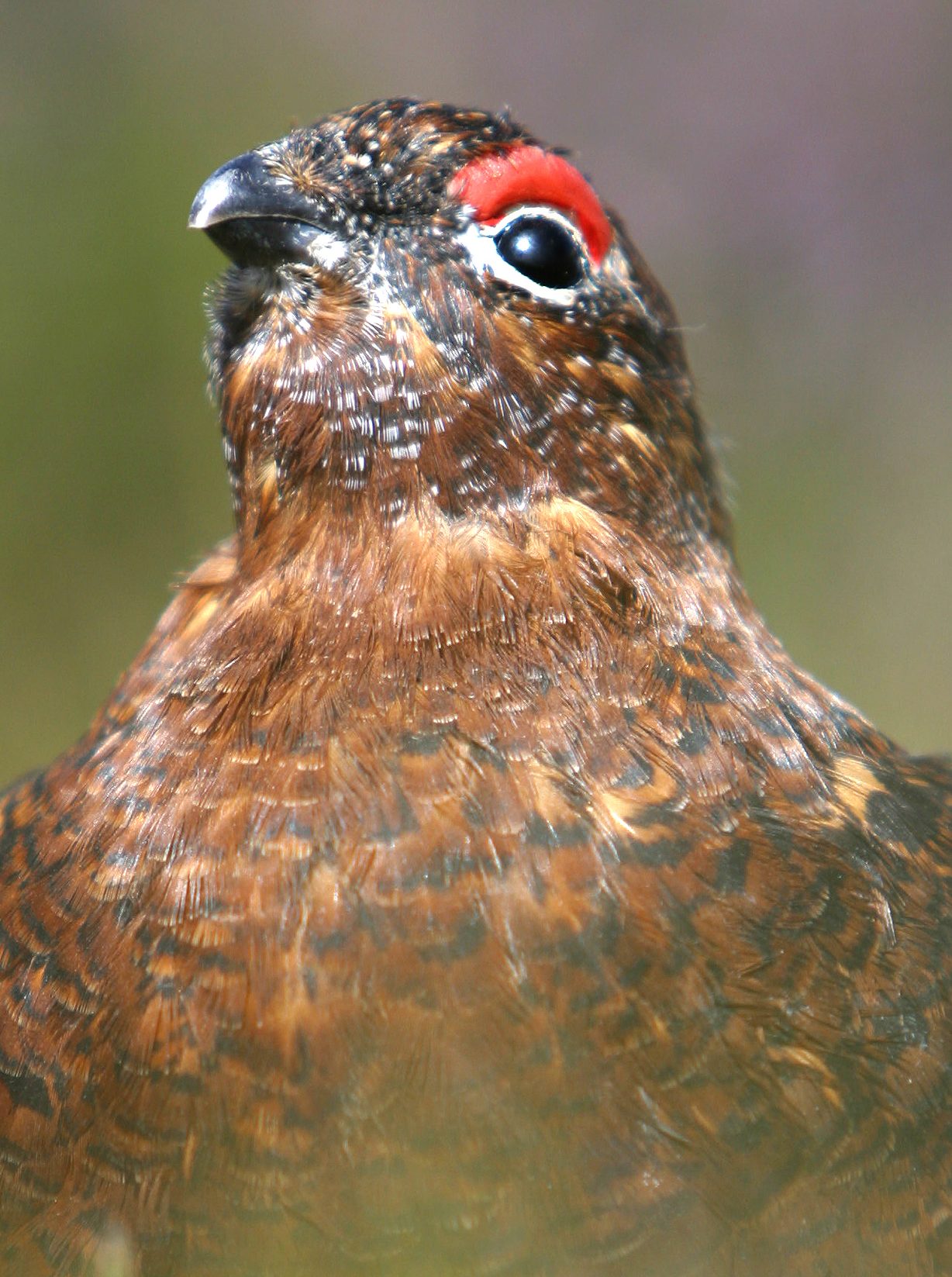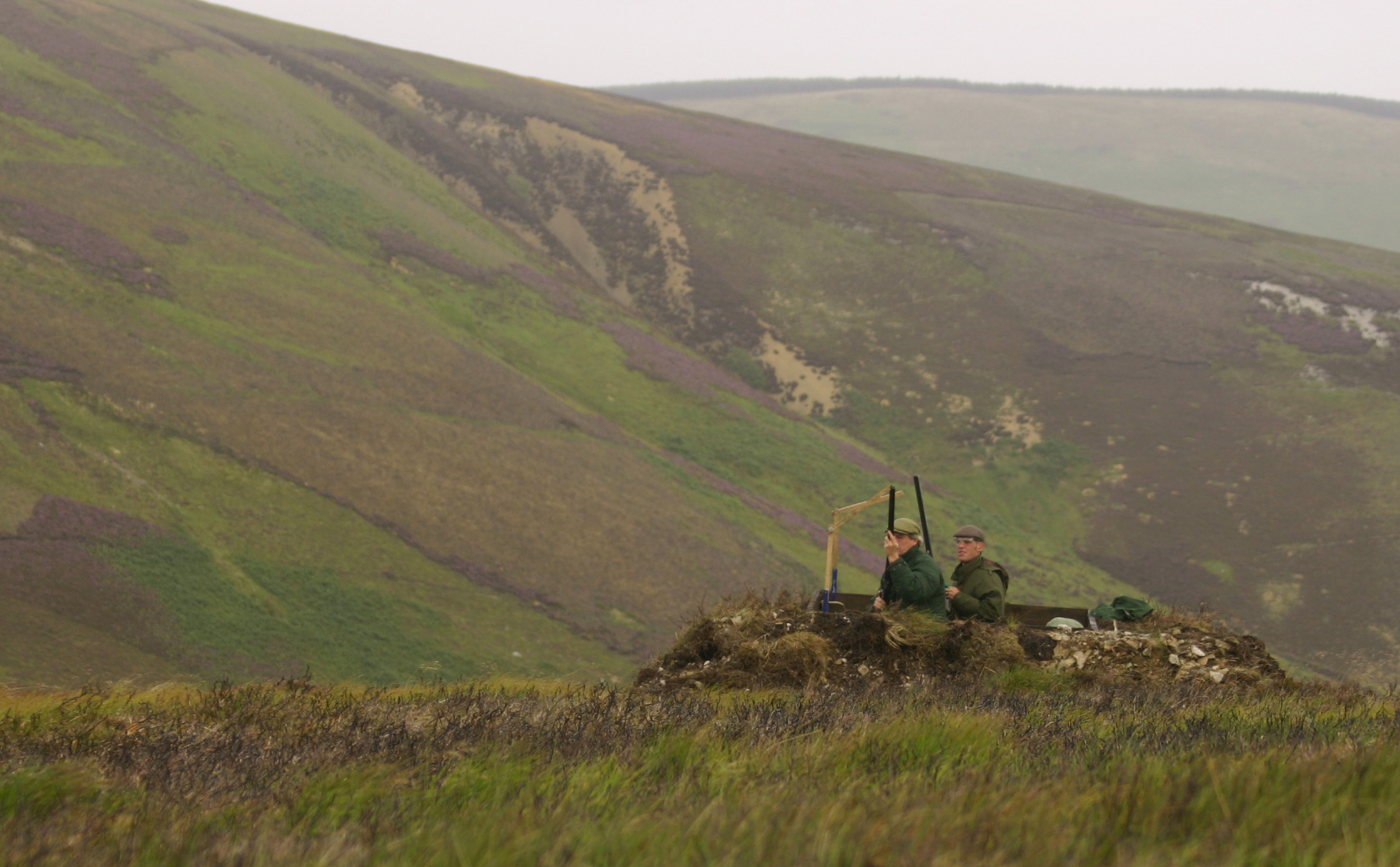Imposing an unnecessary licensing system on grouse moors would produce unintended consequences which would impact on biodiversity, conservation and rural upland economies. The findings are contained in a paper released by the UK’s largest shooting organisation, the British Association for Shooting and Conservation (BASC).
BASC chairman Alan Jarrett said: “Grouse moors require significant investment in habitat management and conservation. The income generated by grouse shooting makes that possible and supports rural upland economies by generating employment for gamekeepers and spending on local businesses.
“Campaigns to impose a licensing system on moors are not based on sound evidence and have not been thought through. They seem to be based on ideological opposition to grouse shooting and ignore the reality of the benefits which grouse shooting produces. The unintended consequences of licensing would be to reduce the income coming in to upland communities and to cut the amount of money spent on conservation.”
Grouse moors are sustainably managed for the long-term. Habitat management such as controlled heather burning and predator control benefits ground-nesting birds such as curlew, golden plover and lapwing and birds of prey such as merlin. Up to five times more wading birds are found on moorland managed for grouse than on unmanaged moors.
BASC chief executive Richard Ali said: “Our assessment clearly sets out the consequences of licensing. It would harm, not help conservation. Jobs and businesses would suffer. The paper also sets out how licensing would fail the tests of better regulation. It would not be proportionate because there is sufficient regulation in place. It would not be consistent with existing regulation. It would not target a problem without bringing unintended consequences. The need for a licensing system is not transparent nor is it justified.
“The breeding hen harrier population in England is at low levels. This in itself is not proof of systematic persecution. Hen harrier numbers are also low in areas not managed for grouse. There have been successful nests this year and some of these were protected and encouraged by grouse shooting interests, particularly in Lancashire.”
“BASC and everyone on all sides of this debate utterly condemn any illegal persecution of birds of prey. Grouse moor licensing is not the answer to the recovery of the hen harrier in England. There is a better solution to hand in the Defra-led Hen Harrier Joint Action Plan. It has been developed over several years to address the many and varied issues around the breeding success of these birds. The plan has involved all stakeholders and we call on all of those stakeholders to come together now and support its publication and implementation.”
“No-one should place short-term campaigning above long-term success.”
The BASC paper: “Grouse moor licensing: assessment of proposal and unintended consequences” can be seen here:
http://0ld.basc.org.uk/blog/key-issues/basc-assessment-of-grouse-moor-licensing-proposal/
For more information call the BASC press office on 01244 573052 or email press@0ld.basc.org.uk

